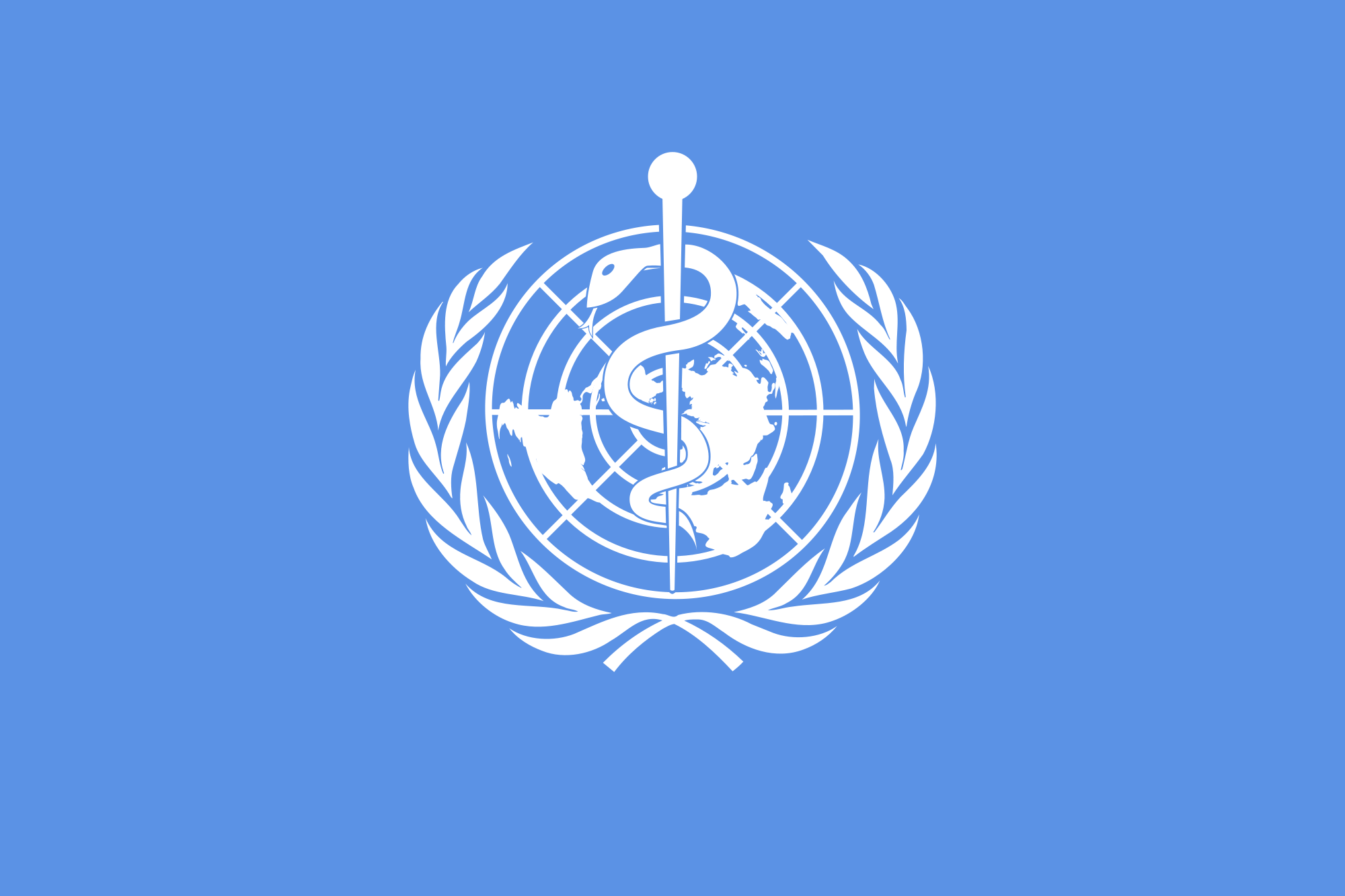WHO urges coordinated action against antibiotic resistance
November 12, 2014 | Wednesday | News | By BioSpectrum Bureau
WHO urges coordinated action against antibiotic resistance
The World Health Assembly has now urged WHO to develop a global action plan against AMR by 2015.
"We must act urgently. The world is heading for a post-antibiotic era which will be devastating in this age of emerging infectious diseases. If we do not use antibiotics rationally, we will lose the power to fight common infections and minor injuries. We need to step up efforts to prevent antimicrobial resistance and change how we prescribe and use antibiotics," said Dr Poonam Khetrapal Singh, WHO regional director for Southeast Asia, at the launch of a four-day regional meeting on antimicrobial resistance (AMR) in Jaipur.
The regional meeting focuses on developing and strengthening country-level plans, building national capacities and developing mechanisms for generating information on the magnitude, trend, and the burden of AMR in Member States.
WHO has prioritized AMR in view of the serious health, political, and economic implications of drug resistance. A regional strategy on prevention and containment of antimicrobial resistance was developed by WHO in 2010 which was endorsed by all Member States. The strategy focuses on improving intersectoral collaboration, strengthening regulatory mechanism for assuring quality, standardized and rational use of antibiotics, boosting national capacity for laboratory-based surveillance of AMR, reducing burden of infectious diseases, enhancing hospital infection control practices and educating and empowering communities.
In 2011, the health ministers of the region made a commitment to prevent and contain AMR through the 'Jaipur Declaration'. Since the Declaration, Member States have initiated a comprehensive and integrated national approach to combat antimicrobial resistance. National focal points have been designated; multisectoral steering committees formed and national antibiotic policies are being developed in most Member States of WHO's Southeast Asia Region.
Earlier this year, a WHO report flagged AMR as a big problem globally and also in WHO's Southeast Asia Region which is home to a quarter of the world's population. The report, 'Antimicrobial resistance: global report on surveillance' noted that globally, resistance is occurring across many different infectious agents, but focused on antibiotic resistance in nine different bacteria responsible for common as well as serious diseases such as bloodstream infections (sepsis), diarrhoea, pneumonia, urinary tract infections, and gonorrhoea. The results are a cause for high concern, documenting resistance to antibiotics, especially "last resort" antibiotics, in all regions of the world.
The World Health Assembly has now urged WHO to develop a global action plan against AMR by 2015. The plan is being organized around five main areas of concern: awareness; information on the magnitude of the problem; economic impact; rational use of antimicrobials, and preventing infection.









